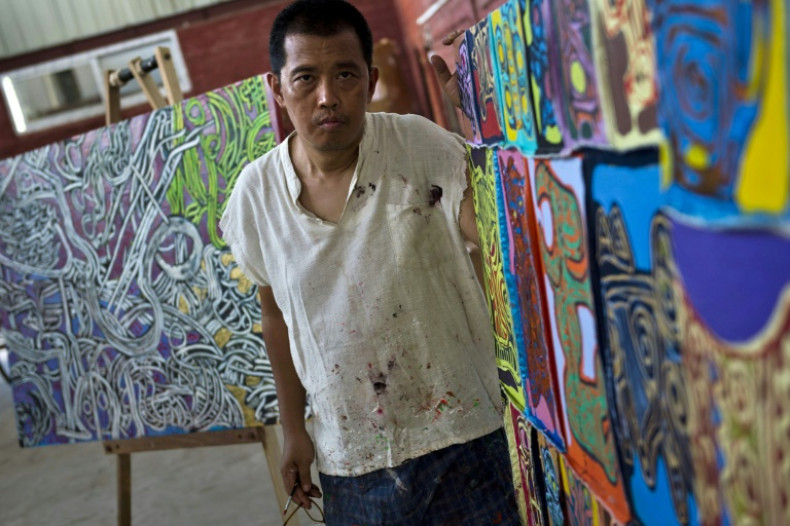TOOK LONG ENOUGH
Japan police chief to resign over shooting death of ex-PM Shinzo Abe
Police report says Abe's police protection lacking, allowed alleged attacker to shoot him

Japan's national police chief said Thursday he will resign to take responsibility over shortfalls in security that an investigation by his own agency showed did not adequately safeguard former Japanese prime minister Shinzo Abe from a fatal shooting at a campaign speech last month.
National Police Agency Chief Itaru Nakamura's announcement came as his agency released a report on how it failed to protect Abe's life on July 8 when he was assassinated in Nara, in western Japan.
The police report found holes in Abe's police protection that allowed the attacker to shoot him from behind.
Nakamura said he took the former prime minister's death seriously and that he submitted his resignation to the National Public Safety Commission earlier Thursday.
"In order to fundamentally re-examine guarding and never to let this happen, we need to have a new system," Nakamura told a news conference as he announced his intention to step down.
Nakamura did not say when his resignation would be official. Japanese media reported that his resignation is expected to be approved at Friday's cabinet meeting.
The alleged gunman, Tetsuya Yamagami, was arrested at the scene and is currently under mental evaluation until late November. Yamagami told police that he targeted Abe because of the former leader's link to the Unification Church, which he hated.
Abe sent a video message last year to a group affiliated with the church, which experts say may have infuriated the shooting suspect.
Problems with protection plan
In the 54-page investigative report released Thursday, the National Police Agency concluded that the protection plan for Abe neglected potential danger coming from behind him and merely focused on risks during his movement from the site of his speech to his vehicle.
Inadequacies in the command system, communication among several key police officials, as well as their attention in areas behind Abe at the campaign site, led to their lack of focus on the suspect's movement until it was too late.
None of the officers assigned to immediate protection of Abe caught the suspect until he was already seven metres behind him where he took out his homemade double-barrel gun, which resembled a camera with a long lens, to blast his first shot that narrowly missed Abe. Up to that moment, none of the officers was aware of the suspect's presence, the report said.
In just over two seconds, the suspect was only 5.3 metres behind Abe to fire the second shot.
The report said the prefectural police's protection plan for Abe lacked a thorough safety evaluation. It called for significant strengthening in both training and staffing of Japan's dignitary protection, as well as revising police protection guidelines for the first time in about 30 years.
The national police called for doubling dignitary protection staff, greater supervisory role for the national police over prefectural staff, and use of digital technology and drones to bolster surveillance from above ground.
Another police chief to resign
Abe's family paid tribute to him in a private Buddhist ritual Thursday marking the 49th day since his assassination.
In Nara, prefectural police Chief Tomoaki Onizuka also expressed his intention to step down over Abe's assassination.

The Unification Church, which was founded in South Korea in 1954 and came to Japan a decade later, has built close ties with a host of conservative lawmakers, many of them members of Abe's Liberal Democratic Party, on their shared interests of anti-communism.
Since the 1980s, the church has faced accusations of problematic recruiting and religious sales in Japan, and the governing party's church ties have sent support ratings of Prime Minister Fumio Kishida's cabinet into a nosedive even after its recent shuffle.















